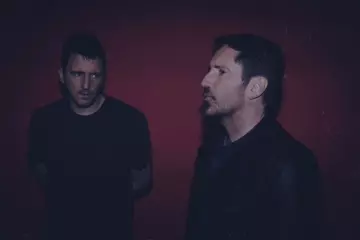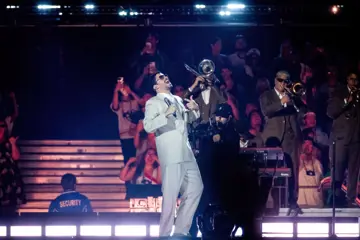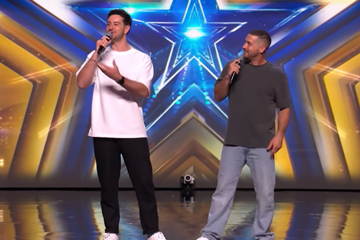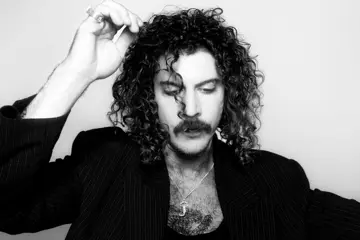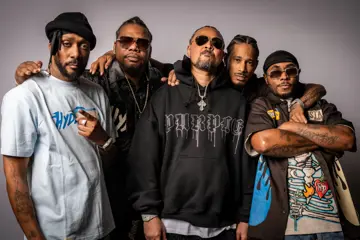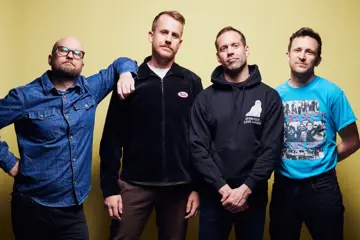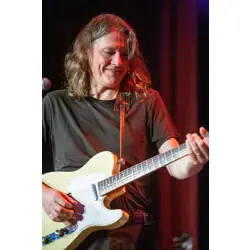 Robben Ford
Robben FordIt all seemed pretty straightforward – book a series of shows, record them and release the best performances as the next album. It didn't quite work out that way though for veteran blues/jazz guitarist Robben Ford; the result instead is his new album, A Day In Nashville, almost literally cut in one day in Nashville's Sound Kitchen Studios.
“The whole concept began with three shows we recorded last April in Europe,” the southern California-based Ford begins, “to be released as a live record. But we got back and listened to them and just didn't think [the quality] was good enough, so my co-producer Rick Weaver said, 'Let's cut the whole thing over again and do it in a day in a controlled environment with an invited audience.' So that's what we did.
“Once we realised we wanted to do something that we were happier with, I wrote a bunch of songs quickly. The original recordings were pretty much live versions of [2012 album] Bringing It Back Home, so I took the opportunity [to start] writing, wrote five songs and pulled something out of my past – the song Top Down Blues, I'd actually written that years ago and tried to record it a couple of times but it never really fit; this time it worked really well – and then we had three covers.”
While A Day In Nashville ended up a very different album from Bringing It Back Home, the eventual connecting thread was the use of the same instrumentation – two guitars, keyboards, bass, drums and trombone – albeit different musicians. Ford's first instrument was actually saxophone, picking up the guitar three years later at age 13. Regarding the use of trombone, he feels, “it's nice to have an alternate voice on board, something that sounds different yet complementary and brings a fresh dimension. You know, a tenor saxophone would be a complete bore, but the trombone is delightful – at least to me.”
Don't miss a beat with our FREE daily newsletter
As it happens, ironically, it's the sax that has helped define Ford's distinctive sound as a guitarist. “Initially I sounded like Mike Bloomfield,” he admits. “He was my first hero, and I was influenced a bit by Elvin Bishop as well, but I was so interested in jazz I'd listen to saxophone players more than any other particular instrument. I was a big fan, of course, of John Coltrane, Wayne Shorter, Roland Kirk and all these tenor players, and Miles Davis' trumpet was also a big influence on me.
“So I developed an individual quality fairly early in my career because I wasn't imitating guitar players – I was trying to imitate saxophone players. My musical personality was always pretty strong, pretty forthcoming. I was always very passionate about it,” he chuckles, “right or wrong.”




